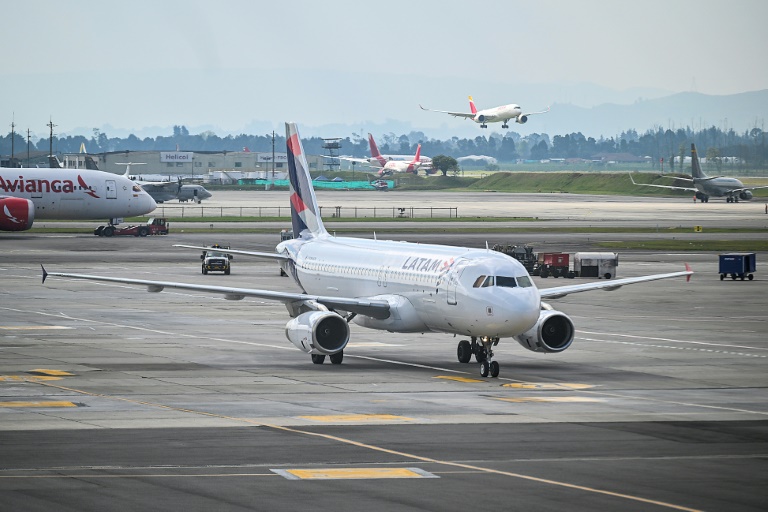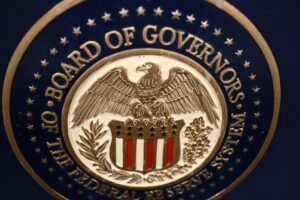Surge in UK business travel: Time for more take off or more landing?

Dozens of Avianca and LATAM flights have been affected by a fuel bottleneck in Colombia – Copyright AFP Luis ACOSTA
UK business travel is set to reach a record of £68 billion by the end of this year and surpass pre-pandemic levels. The UK now ranks as the fourth-highest spender on business travel globally, with significant demand from key markets like the US, Germany, and France
Does this mean that UK workers are travelling at the right amount or has business travel become excessive?
To help answer this question, Peter Slater, CEO of CMAC Group, offers valuable insights into the factors driving this surge and how companies can strategically respond. Slater has considered how businesses can control rising travel costs while ensuring employees remain comfortable and productive during their trips.
Perhaps one of the drivers is that despite advances in digital communication, 55 percent of business leaders consider face-to-face meetings more effective than virtual ones (with an additional 24.90 percent deeming them much more effective).
Slater advises companies to respond strategically by rethinking their approach to business travel, ensuring it better supports employee wellbeing, balanced budgets and optimal productivity.
While digital technology has advantages, limitations remain. Slater explains that while virtual meetings became a lifeline during the pandemic, they often fall short when it comes to building trust, negotiating complex deals and networking effectively.
“There’s only so much a screen can convey when it comes to relationship building and closing big deals,” Slater tells Digital Journal. “Both business leaders and employees are keen to get back to face-to-face meetings, projects and events where they can collaborate, understand each other and achieve faster results.”
Alternatively, many industries have found that key decisions, strategic collaborations and trust-building efforts benefit greatly from in-person interactions. As Slater notes, “Virtual communication tools will always play an important role, but the value of a handshake, shared experience, and in-person conversation is irreplaceable.”
This can help with controlling costs. “A focused approach to travel planning can help businesses find that balance,” suggests Slater. “It’s about being intentional: selecting accommodations that not only meet budget requirements but also provide a comfortable, restful space for employees who have a busy schedule.”
“Travel is often exhausting and while businesses need to be mindful of their travel spend right now, saving on costs doesn’t have to mean compromising on wellbeing,” Slater adds. “Finding providers that prioritise comfort, productivity and flexibility can make all the difference for employees.”
With in-bound business travel also on the rise, UK businesses must adapt to cater to international visitors to make their trips as seamless as possible.
“For international guests, it’s about understanding cultural preferences and creating a welcoming experience,” Slater explains. “Simple touches like familiar accommodations, clear communication around transport options, and local insights can go a long way in making their stay productive and enjoyable.”
With the UK leading in business travel spending and overseas arrivals expected to grow, the focus is now on how companies can leverage this surge to their advantage.
“Business travel doesn’t have to be reactive,” Slater concludes. “It can be a strategic tool that builds connections, drives growth, and supports wellbeing when managed thoughtfully. For companies that get this balance right, the potential rewards are huge.”
Surge in UK business travel: Time for more take off or more landing?
#Surge #business #travel #Time #landing





